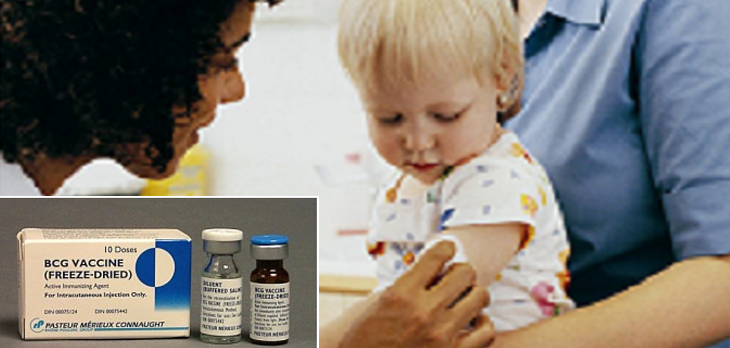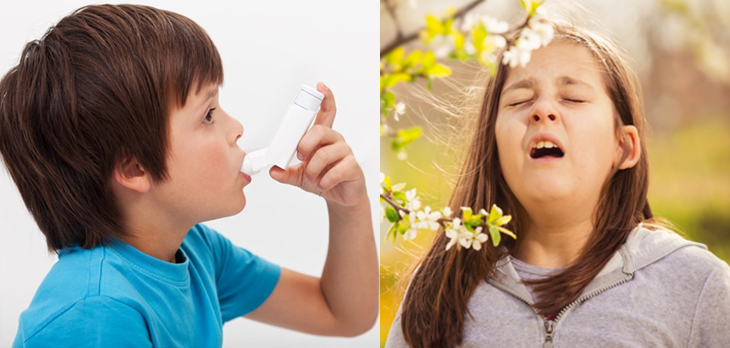
Link Between Childhood Vaccinations and Asthma or Allergies
A meta-analysis by Australian researchers found no link between childhood vaccinations and an increase in allergies and asthma. Children who received the BCG vaccine actually had a lesser incidence of eczema than other children, but there was no difference shown in any of the allergies or asthma.
In a report published in the journal Allergy, the researchers write, "We found no evidence that childhood vaccination with commonly administered vaccines was associated with increased risk of later allergic disease."
"Allergies have increased worldwide in the last 50 years, and in developed countries, earlier," said study author Caroline J. Lodge, PhD, principal research fellow at the University of Melbourne, Australia, in an interview with Medscape Medical News. "In developing countries, it is still a crisis. No one knows why,” she said. That was the reason for the recent study.
Allergic diseases such as allergic rhinitis (hay fever) and food allergies have a severe influence on quality of life, and the incidence is growing.
According to the Global Asthma Network, 334 million people are living with asthma. Between 2%-10% of adults have atopic eczema, and more than 250,000 people have food allergies.This coincides temporally with an increase in mass vaccination of children.
Unlike the controversy surrounding vaccinations and autism, which has long been debunked as baseless, a hygiene hypothesis postulates that when children acquire immunity from many diseases, they become vulnerable to allergic reactions. Thanks to vaccinations, children in the developed world now are routinely immune to dozens of diseases.
That immunity leads to suppression of a major antibody response, increasing sensitivity to allergens and allergic disease. Suspicions of a link with childhood vaccinations have been used by opponents of vaccines in lobbying campaigns jeopardizing the sustainability of vaccine programs. In recent days, for example, the state of Tennessee has halted a program to encourage vaccination for COVID-19 as well as all other vaccinations, the result of pressure on the state by anti-vaccination lobbying.
But the Melbourne researchers reported that the meta-analysis of 42 published research studies doesn’t support the vaccine–allergy hypothesis. Using PubMed and EMBASE records between January 1946 and January 2018, researchers selected studies to be included in the analysis, looking for allergic outcomes in children given BCG, or vaccines for measles or pertussis. Thirty-five publications reported cohort studies, and seven were based on randomized controlled trials.
The Australian study is not the only one showing the same lack of linkage between vaccination and allergy. The International Study of Asthma and Allergies in Childhood (ISAAC) found no association between mass vaccination and atopic disease. In addition, a found no differences in the incidence of allergic diseases between those who received the pertussis vaccine and those who did not.
"The bottom line is that vaccines prevent infectious diseases," said Matthew B. Laurens, associate professor of pediatrics at the University of Maryland School of Medicine."Large-scale epidemiological studies do not support the theory that vaccines are associated with an increased risk of allergy or asthma," he stressed. "Parents should not be deterred from vaccinating their children because of fears that this would increase risks of allergy and/or asthma."






